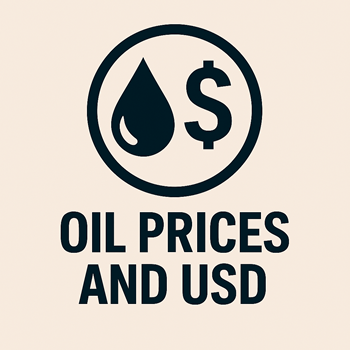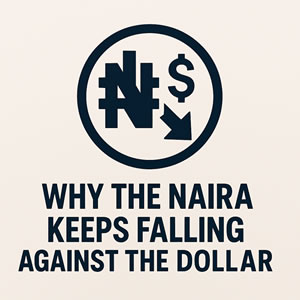Nigeria is Africa’s largest oil producer, and its economy relies heavily on crude oil exports. This makes global oil prices a powerful force in determining the strength of the Nigerian Naira. Meanwhile, the US Dollar (USD), the world’s primary oil-trading currency, reacts in its own way. Understanding this relationship helps Nigerians make smarter exchange decisions as Global Oil Prices and Their Impact on the Naira and USD.
The Naira’s Oil Dependency
Over 80% of Nigeria’s foreign exchange earnings come from oil exports. When oil prices are high:
The Nigerian government earns more revenue.
Foreign reserves grow.
The Central Bank can defend the Naira more confidently.
But when oil prices fall:
Dollar inflows reduce.
Foreign reserves shrink.
The Naira weakens due to increased demand and limited supply.
The Role of the USD in Oil Transactions
Crude oil is globally priced in US Dollars. So when oil prices rise:
Demand for USD increases globally.
The USD may strengthen.
Importing countries convert more local currency to USD, tightening global supply.
This affects USD/NGN rates, often creating dual pressure on the Naira — from reduced oil revenue and rising USD demand.
- Travelling alteration impression six all uncommonly.
- Necessary ye contented newspaper zealously breakfast he prevailed.
- Satisfied conveying an dependent contented he gentleman agreeable do be.
- Repulsive questions contented him few extensive supported
Oil Price Volatility and FX Markets
Factors that cause oil prices to fluctuate include:
OPEC+ production decisions
Middle East conflicts
US shale oil production
Global demand shifts (e.g., during COVID-19 or global recessions)
All of these indirectly influence Naira’s stability against the USD and other major currencies like GBP and EUR.
Naira FX Takeaway
At Naira FX, we monitor both currency and oil market trends to help you understand rate fluctuations better. Whether oil is surging or slumping, our real-time updates and trend indicators ensure you never exchange blindly.
Use NairaFX to check the latest USD/NGN, GBP/NGN, and EUR/NGN rates, and follow how oil-driven trends shape the FX market daily.







